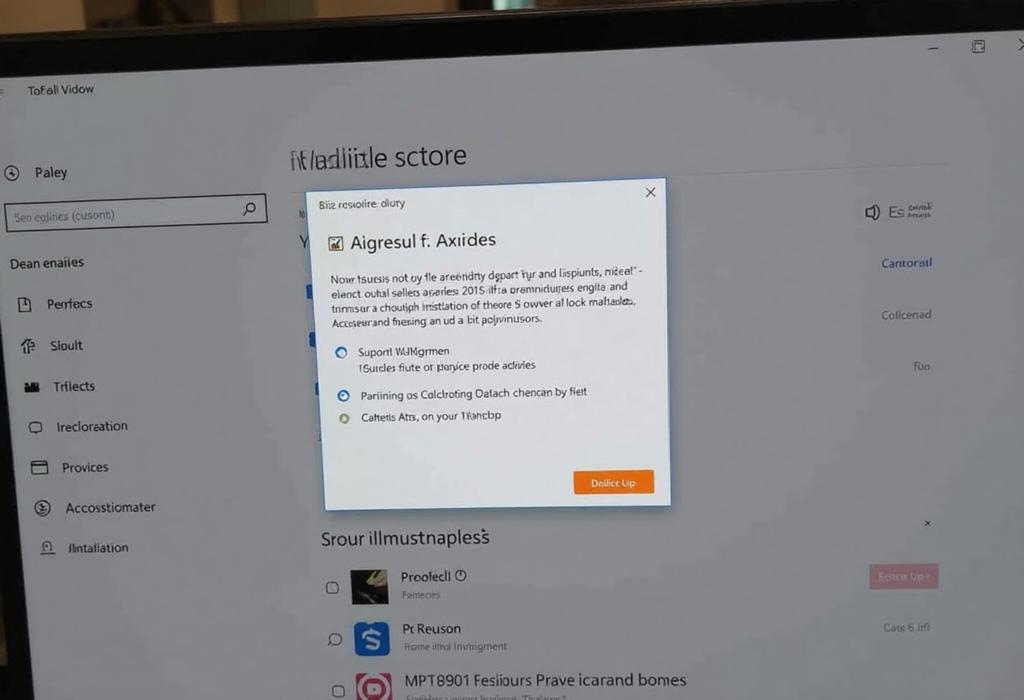In the latest development surrounding Microsoft’s Windows 11 operating system, the company has announced the reintroduction of its controversial Recall feature. Initially launched but swiftly withdrawn due to significant privacy concerns, Recall is designed to take screenshots of user activities every three seconds, allowing for an AI-powered, searchable database of past actions. This feature's intent to enhance user experience is mired in apprehension over its surveillance-like capabilities, prompting concerns from security experts regarding potential breaches of sensitive personal information.
The Recall feature represents a pivotal crossroads in the ongoing discourse on privacy versus convenience in digital technology. Users are increasingly wary of tools that provide helpful functionalities at the cost of their privacy. Critics of Recall have vehemently pointed out that this kind of continuous monitoring, though aimed at improving productivity, could lead to significant and unintended exposures of private data – from work documents to personal communications.
As AI integration becomes more pervasive across technology products, such as Samsung's smart appliances and Garmin's fitness trackers, consumers are faced with the challenge of discerning which innovations genuinely enhance their lives and which may be redundant or intrusive. The latest enhancements to Recall include better filters to prevent the capture of sensitive information and an opt-in feature that ensures users must actively decide to engage the tool, aiming to address some of the privacy concerns raised during its initial rollout.
Despite these improvements, experts remain skeptical about the feature's ability to safeguard user privacy adequately. The original implementation lacked robust security measures, and although Microsoft has made efforts to encrypt data and require biometric authentication for access, substantial gaps remain. Concerns linger not only about the tracking itself but about the broader implications of trust in technology companies, particularly given Microsoft’s checkered history with privacy policies. At present, many users find the feature unsettling, as it fundamentally alters their relationship with their devices, making them feel more like surveillance tools than personal assistants.
The controversy surrounding Microsoft's Recall is emblematic of a larger trend in tech where advancements often come with unintended privacy trade-offs. While some users may appreciate the convenience of recalling digital activity, many would prefer quality user experience without compromising their security or privacy. As technology evolves, the debate about the ethical limits of AI surveillance will undoubtedly intensify, calling into question the principles of informed consent, data minimization, and user autonomy. Ultimately, users must navigate these advancements cautiously, balancing the allure of progress with the fundamental right to privacy.
In summary, Microsoft’s Recall feature, despite its promising utility, raises critical ethical questions that extend beyond technology itself—demanding a careful dialogue about how we shape the future of AI and digital privacy.
AD
AD
AD
AD
Bias Analysis
Bias Score:
75/100
Neutral
Biased
This news has been analyzed from 20 different sources.
Bias Assessment: The coverage exhibits a noticeable bias against Microsoft’s Recall feature due to significant emphasis on its privacy issues, with numerous negative descriptors and a focus on expert skepticism. While it presents valid concerns and critiques, the tone may evoke a sense of alarm and distrust without fully considering the potential benefits or improvements made by Microsoft. The narrative leans more toward scrutiny than balanced assessment, reflecting a substantial bias in the portrayal of technological advancements.
Key Questions About This Article




